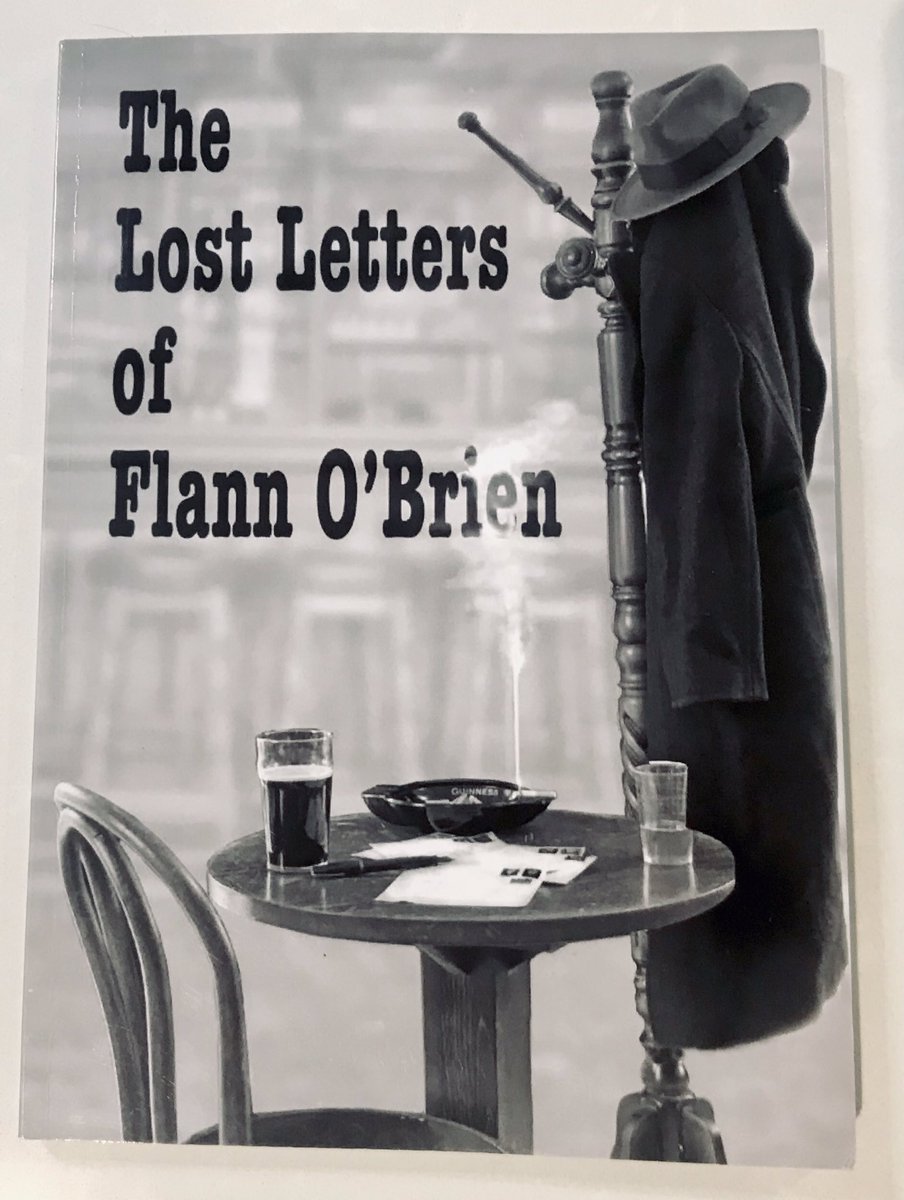Discovered in a disused cupboard in a Dublin pub during lockdown, The Lost Letters of Flann O'Brien contains 107 never-before-seen letters written to the cult Irish writer by a collection of twentieth-century luminaries, including Joseph Goebbels, Walt Disney, Virginia Woolf, Marilyn Monroe, Bob Dylan and Rachel Carson. Perhaps.
‘The most writing fun I’ve ever had.’ - Anne Casey
‘Insightful, hilarious, innovative.’ - June Caldwell
‘Among the most enjoyable projects I undertook this year.’ - Whitney Standlee
‘An anthology guaranteed to lift our spirits during these strange days.’ - Celia de Freine
‘A fun-packed stash of missives from a motley crew of twentieth-century personages to the great blaggard.’ - Alan McMonagle
‘The definitive antidote to 2020-21.’ - Julian Hanna
Fifty-five years after he died an apparent failure, or at best a niche literary figure, the cult of Flann O’Brien continues to grow. So, it seems, does his output. The latter may now even be growing, in the Covid cliche, exponentially. For no sooner had Dalkey Archive Press published a collection of all his known letters, in 2018, than a different kind of press – a rediscovered cupboard in his old drinking haunt, the Palace Bar in Dublin – has now yielded a new cache, published as The Lost Letters of Flann O’Brien.
It’s a one-sided correspondence, in which many famous contemporaries of the real-life Brian O’Nolan reply to variously eccentric letters he has sent them. And on closer inspection, the authors are just as spurious as the ones he himself often hid behind while making mischief on the Irish Times Letters page. But just to complicate things… - Frank McNally


No comments:
Post a Comment
Note: Only a member of this blog may post a comment.